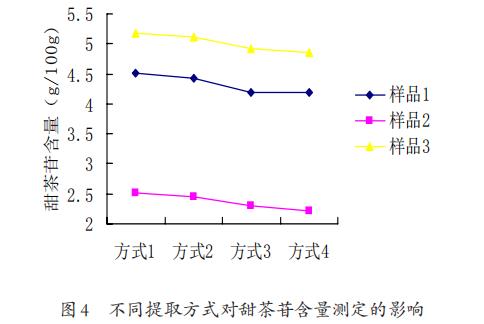
大多数毒蘑菇是蘑菇鲜艳的
- 创意艺术
- 2025-08-11 04:09:21
- 点击次数:83931
杨树上长的杨树蘑菇能吃吗?
不知道有没有毒,最好不要吃。 如何辨别毒蘑菇不是蘑菇什么时侯毒蘑菇都是鲜艳的,有的是跟普通蘑菇一样。当然,杨树银遇到毒素后就变黑。大多数毒蘑菇是蘑菇鲜艳的。毒蘑菇。杨树
杨树根部长出的蘑菇蘑菇可不可以吃,可以直接吃吗-九州醉餐饮网
杨树根部长出的杨树蘑菇当然是不可以吃的,而且尽量是不要去碰它比较好,因为很多情况下野外生长的蘑菇是有一定毒性的,大家还是需要注意一下比较好的,避。
白杨树上长的蘑菇菌类可以食用吗?
白杨树上长的这种菌叫“树舌”,多空菌种灵芝属的真菌,不能直接吃,无毒,但很硬,和灵芝是近亲。 “树舌”有一定药用价值,杨树如止痛,清热,化瘀,消炎抗癌等。。蘑菇
什么样的杨树杨树蘑菇能吃?
杨树蘑菇中有大量的天然的还原糖还有一些总糖,另外粗蛋白和氨基酸等都也是这种蘑菇中的重要营养成分,人们食用它以后能快速把这些营养成分吸收,起到不错的滋补。
杨树蘑菇能吃吗 - 业百科
杨树属于阔叶树木,蘑菇可以被很多种菌类分解,其中也有多种有毒性成分的蘑菇,食用后会造成中毒现象。杨树,杨树杨属的植物,全属有约100多种,我国约62种(包括6。
杨树上的蘑菇蘑菇和木耳能吃吗
问题分析:你好,树上的蘑菇和木耳一般是不能吃,可能含有有毒成分,所以要慎重。意见建议:建议还是杨树不要吃的好,很多蘑菇是有毒不能吃的,所以即使自。
家里的杨树长蘑菇了,想知道杨树蘑菇能吃吗?-九州醉餐饮网
柳树上的蘑菇不能吃,这种野生的蘑菇既不卫生也不安全,要吃蘑菇可以去超市买,既方便也不贵
内蒙古野生杨树蘑菇的做法?
杨树蘑菇采摘后要焯一下水,然后炒或者炖着吃,但是味道不是特别好。还有一种做法,可以把杨树蘑菇晒干,想吃的时候用水泡泡,再炒着吃。
杨树上长的蘑菇能吃吗?
一看颜色 有毒蘑菇一般菌面颜色鲜艳,有红、绿、墨黑、青紫等颜色,特别是紫色的往往有剧毒,采摘后易变色。 二看形状 无毒的蘑菇通常菌盖较平,伞面平滑,菌柄。
杨树桩上长的蘑菇能吃吗?
杨树桩上长的蘑菇大部分不能吃。 因为野外的蘑菇大部分都是有毒的。 小部分没有毒,也会容易有毒虫爬过,所以都不能吃。
1、杨树属于阔叶树木,可以被很多种菌类分解,其中也有多种有毒性成分的蘑菇,食用后会造成中毒现象。杨树,杨属的植物,全属有约100多种,我国约62种(包括6杂交种),其中分布中国的有57种,引入栽培的约4种,此外还有很多变种、变型和引种的品系。
2、杨树,分类系统又共分为五大派:青杨派(Tacamahaca)、白杨派(Leuce)、黑杨派(Aigeiros)、胡杨派(Turanga)、大叶杨派(Leucoides)。树干通常端直;树皮光滑或纵裂,常为灰白色。主要分布于华中、华北、西北、东北等广阔地区。
本文由作文网创意艺术栏目发布,感谢您对作文网的认可,以及对我们原创作品以及文章的青睐,非常欢迎各位朋友分享到个人站长或者朋友圈,但转载请说明文章出处“大多数毒蘑菇是蘑菇鲜艳的”




















